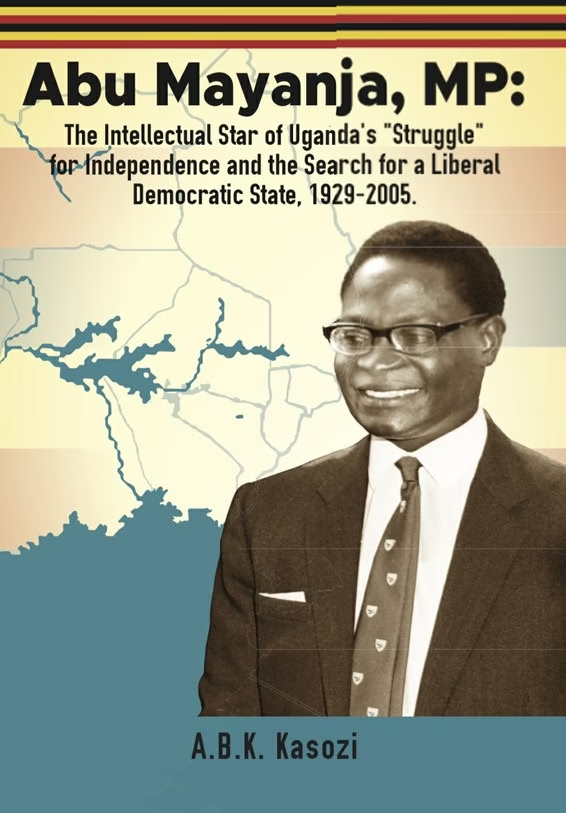Prof. ABK Kasozi’s new book on Abu Mayanja is a comprehensive biography that delves into the life and times of one of Uganda’s most influential thinkers. The book, titled “Abu Mayanja, MP: The Intellectual Star of Uganda’s ‘Struggle’ for Independence and the Search for a Liberal Democratic State, 1929-2005,” offers a nuanced analysis of Abu Mayanja’s role in shaping Uganda’s history.
Through Kasozi’s meticulous research, readers can gain insight into Abu Mayanja’s intellectual contributions to Uganda’s struggle for independence and his quest for a liberal democratic state.
The book is not only a biography of Abu Mayanja but also a historical account of Uganda and Africa, providing a fresh perspective on the continent’s history.
Kasozi’s work is a significant addition to the existing literature on Uganda’s history, and it is expected to spark interesting discussions and debates among historians and scholars.
The book launch, which took place on January 31, 2024, was hosted by the Makerere Institute of Social Research and the Department of History, Archeology, and Heritage Studies at Makerere University.
Abu Mayanja was a Ugandan politician born on August 29, 1929, to a Buganda peasant farmer’s family ¹. His early education took place at Ngogwe Primary and King’s College, Budo, where he demonstrated exceptional academic abilities ¹. Mayanja later attended Makerere College, becoming a prominent student leader, although his time there was cut short due to his expulsion for leading a strike in 1952.
Mayanja’s academic pursuits continued at King’s College, Cambridge, where he studied history and law, eventually becoming a barrister in 1959.
His involvement in politics began early, with his appointment as the first Secretary-General of the Uganda National Congress party in 1952, a position he held while still an undergraduate student at Makerere University College.
Throughout his career, Mayanja held various ministerial positions, including Minister of Education and Minister of Labour. He was also an outspoken critic of government excesses and a strong advocate for national unity.
Mayanja’s legacy extends beyond his political career, as he was a respected Muslim leader and a champion of social justice.



